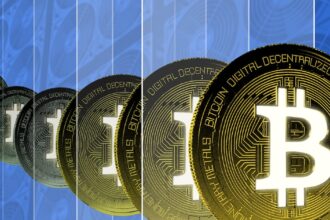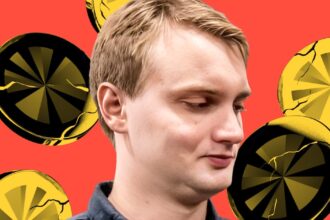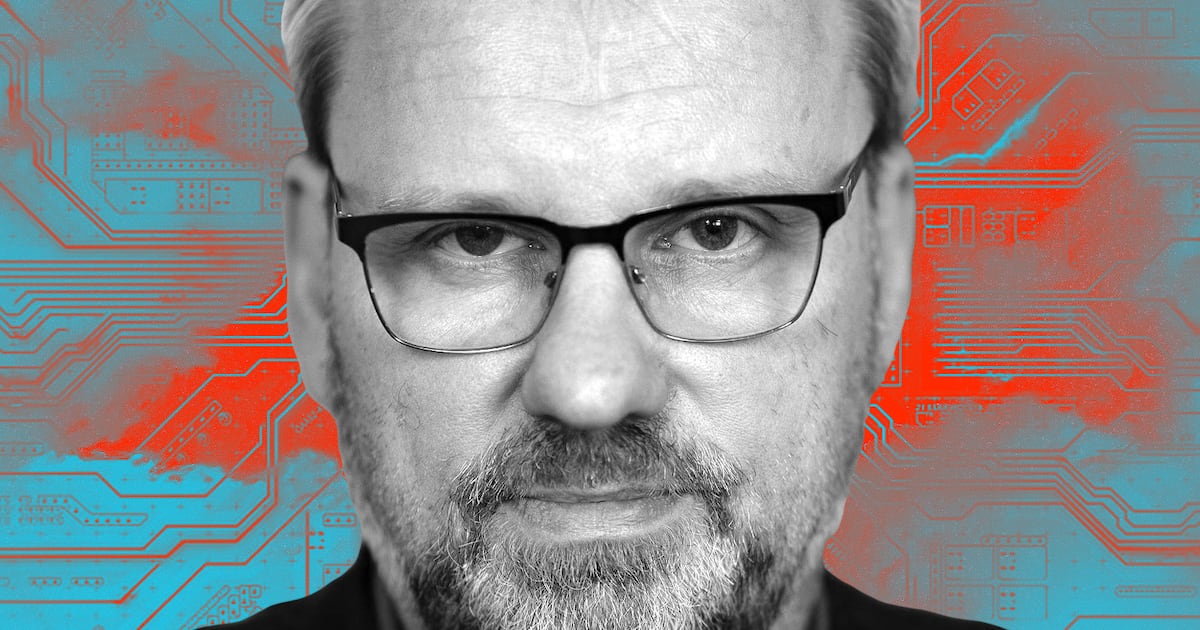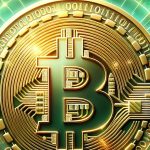Wolfgang Munchau is a columnist for DL News. He is co-founder and director of Eurointelligence, and writes a column on European affairs for the New Statesman. Opinions are his own.
One of the defining events for my generation of journalists was the Watergate scandal. Bob Woodward called his origin Deep Throat, whose identity remained hidden until shortly before his death in 2008 at the age of 95.
Deep Throat Mark Felt, Associate Director of the FBI. It is a clear source in many ways. What other agency in the US had as much incriminating information on President Nixon and his entourage? And who in the FBI has access to this information?
If Satoshi Nakamoto's identity is ever revealed, we'll probably have the same anti-climactic reaction as we did with Felt. We wonder why we didn't guess correctly.
I'm not going to offer new names to Satoshi's long list of candidates, but rather use Sherlock Holmes' method of removing the unlikely.
What we do know is that the most effective insurgents are usually not outsiders, but insiders with an ax to grind. I am particularly interested in the comments in the emails that Satoshi wrote to one of his most important collaborators, Marti Malmi, also known as Sirius-M. Malmi revealed his email exchange with Satoshi during a criminal trial in the UK earlier this year.
Nakamoto's economic views were both radical and nuanced. He has a deep understanding of the history of money and the history of monetary decline.
He understood the reasons behind the economic collapse. To me, it didn't read like someone knocking on the door from the outside. But someone from within decided to do something about it.
Join the community to get our latest articles and updates
In other words, someone felt.
Nakamoto famously engraved this message: “Times 03/Jan/2009 Chancellor on brink of second bailout for banks” in Genesis Block. Times One of the three national newspapers I've worked for in my lifetime – not when Nakamoto wrote those words. There used to be a joke about UK newspaper readers:
“The Financial Times The people who owned the country read it. Times People who run the country read it.”
I thought that statement was roughly correct, perhaps not today. When I worked there, I had a lot of correspondence with senior civil servants, retired colonels and members of the House of Lords. I don't remember this being a paper read by anyone from the tech scene back then.
The UK media was and still is very much on the Luddite side of the spectrum.
By the time of the global financial crisis, newspapers had lost much of their luster. That was the time when finance and financial bloggers entered the scene. There are many people, myself included, who have expressed doubts about the sustainability of the current global economic system.
Many interlocutors at the time thought the system could be fixed. I focused more on the political developments.
The subsequent rise of the far-right in Europe and Brexit in the UK, the global financial crisis and a legacy of economic policy abuse.
In one of his emails, Nakamoto made revealing comments about his financial views. This, by the way, is the main reason I think he's a single person, not a group.
No group I've ever met can agree on any economic issue this complex, let alone form an original opinion.
Nakamoto's disdain for fiat money was only balanced by his disdain for gold. When an anti-state activist offered their services, Nakamoto called them “Neanderthals,” saying, “They're against fiat-money so anything less than gold won't do.”
Money has many definitions. His is also my own preference – to think of money as a social contract. It is not common in the financial sector or even among its groups in the financial media.
“The root problem with traditional currency is the trust required to make it work,” Satoshi writes. “The central bank must be trusted not to devalue the currency, but the history of fiat currencies is littered with violations of that trust.”
Economic history is a subject that is not taught much in school. It did not play a major role in the education of economists at that time. I find that anthropologists often take money better than economists.
For example, anthropologist David Graeber wrote a popular book, “Debt: The First 5000 Years,” published in 2011. Economists hated it.
But some of its themes are glossed over by Nakamoto's own analysis.
If I had to put him in an academic discipline – aside from computer science – it would be closer to anthropology or economic history.
I was surprised by the following comment.
Nakamoto writes, “Banks must be trusted to hold and transfer our money electronically, but they provide only a fraction of the reserves in the form of credit bubbles. We need to trust them with our privacy, not let identity thieves drain our accounts.
Few commentators I know understand the meaning of “fractional” in the expression “fractional reserve banking” – if they know the expression at all. Nakamoto certainly does.
And then there's this:
“Historically, people took scarce things as money, taking whatever was on hand like shells or stones if necessary. Each contained a useful kernel that helped bootstrap the process, but the monetary value far outweighed the functional value.
Most value comes from the value others place on it. For example, gold is beautiful, non-corrosive, and easily mellowed, but its value most obviously does not come from it. Brass is shiny and the same color.
He says of himself that he is better at coding than writing. This could be a case of classic British understatement. I cannot infer from his writing that he is British.
But not many outside the UK read it Times. And frankly, most people inside the UK don't.
And so this leads to my own Satoshi profile: private-school educated, with a broad-based education, which he received before later changing himself. Certainly not straight out of university. Also not someone who worked in finance. Not a technical entrepreneur. And someone isn't motivated by getting rich – that's where he ends up.
Felt also wanted the world to know it was him in the end. He needs to maintain his anonymity to protect himself from prosecution and persecution.
Most people want their identities to be revealed eventually, only after death. Complete anonymity is rare.
This leads to my final observation that the speculation I've seen so far seems incomplete to me.







